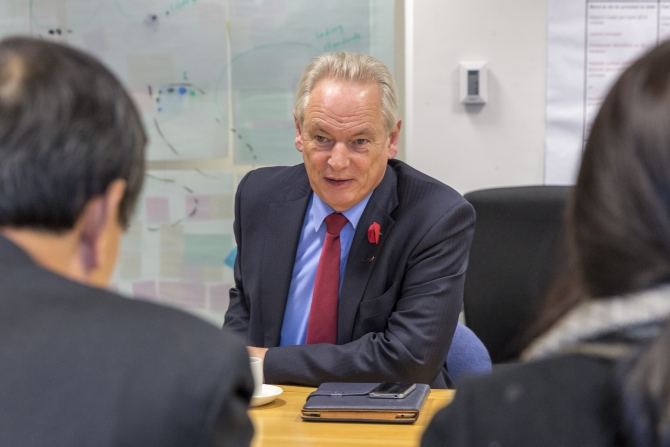Twenty English councils have been selected to take part the second phase of a programme to stimulate growth by releasing surplus Government land and property.

Managed jointly by The Cabinet Office and the Local Government Association (LGA), the One Public Estate scheme is aimed at boosting local economies by encouraging councils to share services to reduce running costs and attract capital investment. It also attempts to persuade public bodies to give up their redundant real estate for commercial redevelopment.
Last year 12 local authorities — Bristol, Cheshire West and Chester, Essex, Hampshire, Leeds, Nottingham, Portsmouth, Sheffield, Surrey, Warrington and Worcestershire — took part in the pilot scheme. Between then they generated £21m in running cost savings and raised £88m in capital receipts.
“The One Public Estate programme demonstrates the successes which can be achieved when councils and Government get together to release land for growth and service improvements, and which, in turn, stimulates job creation and economic growth,” said Peter Fleming, chair of the LGA’s improvement and innovation board.
Describing the programme’s initial year as “extremely successful”, he felt “this second round will continue to build on the good work achieved so far — the first wave represented only a tiny proportion of what we believe One Public Estate can eventually achieve”.
The 20 councils invited to part in this year’s second phase are: Manchester City, Trafford, Bury, Oldham, Salford and Stockport as a single entity; Norfolk and Suffolk in partnership with Forest Heath and St. Edmondsbury (West Suffolk); Liverpool; Birmingham; Barnet; Croydon; Plymouth; Southampton; Cornwall and Bradford.
Estimates released by The Cabinet Office claim that local economies could benefit by as much as £40m over the coming five years, with the opening up of as many as 5,500 new jobs. Participating authorities will receive funding and training from the Government Property Unit and the LGA officials on how to cut red tape and unblock barriers that stifle progress.
“As part of this Government’s long-term economic plan we have disposed of 1,250 publicly owned buildings since the last general election generating hundreds of millions in savings and opening even more opportunities for business to create jobs,” commented Cabinet Office minister, Francis Maude (pictured).
“This ongoing programme highlights what can be done when central and local government work together. It is great to see more and more local authorities entering the programme and demonstrating a readiness to save money for taxpayers, funding new jobs and delivering better services by using their assets more efficiently.”
Previous Post
Yorkshire Commercial Property Investment hits New High
No related posts found for this post.